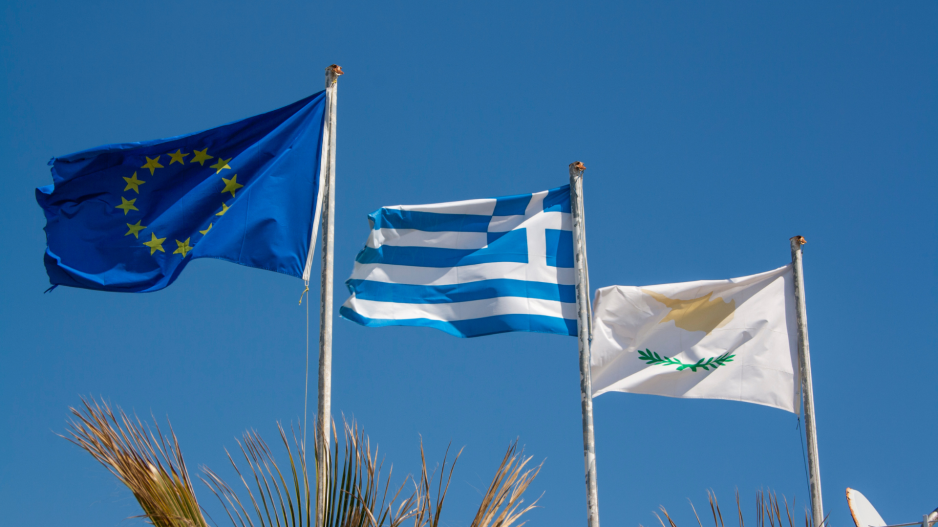CERA's Decision Must Be Respected, But It Also Needs to Be Explained
The Independent Authority Needs to Explain to the Cypriot Public, Specifically and in Detail, How and Why Its Strategic Decision, Whatever That May Be, Protects and Promotes the Public Interest
There are significant interests at stake, both state and private, in the ongoing discussions about the electricity cable between Cyprus and Greece. This is evident from the fact that some parties have lost their composure in public discourse and have become somewhat more fanatic than necessary.
It's understandable. Billions are at stake in the energy sector, encompassing the methods, models, means, and tools through which energy will be supplied to the island. Every scenario has its winners and losers.
Nicosia's decision must be respected by both the European Union, which supports the project, and Greece. However, this decision also needs to be clearly explained.
It is evident that the government is reluctant to take the lead and bear the necessary diplomatic costs, instead leaving the Cyprus Energy Regulatory Authority (CERA) to absorb the burden. Unfortunately, this crucial process has not been treated with the seriousness it deserves, as evidenced by the flurry of leaks over the past 48 hours.
However, since no one else seems willing to provide explanations, CERA should inform the public why every energy plan for Cyprus over the past decade has effectively failed and why the island remains in a state of energy isolation—suffering from the external and internal dependencies that this situation inevitably creates.
CERA must also address why the average Cypriot citizen will continue to pay hundreds of millions of euros annually from their own pockets for the purchase of emissions allowances.
Finally, the Regulatory Authority should inform the public why Cyprus will not be part of the EU’s energy strategy in the region, with Greece participating.
Clearly, it is not just CERA that owes the public these explanations. There are many other "players" in this power game who prefer to remain in the shadows—unidentified as to whom they owe this discretion.
But anyone who steps forward usually ends up taking the hits. In this case, however, for CERA, these won’t be just "hits." It would represent good practice for an Independent Authority to explain to the Cypriot public specifically and in detail how and why its strategic decision, whatever that may be, protects, upgrades, and promotes the public interest.






